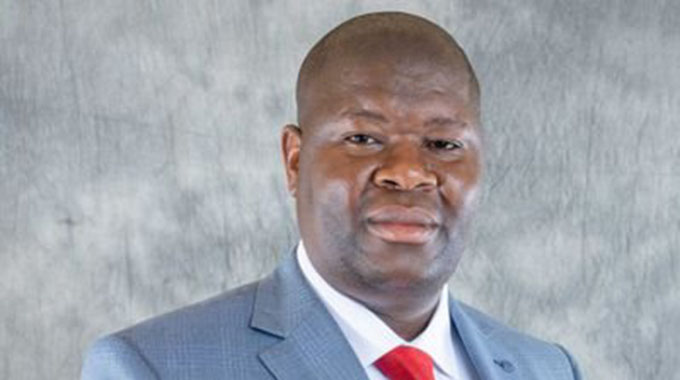
Elita Chikwati Senior Reporter
Distribution of inputs under the Presidential Inputs Scheme for the summer cropping season has started with seed and fertilisers being delivered to Grain Marketing Board depots.
Farmers are expected to start collecting inputs in the first week of September.
Government has trained more than 1,6 million farmers in all eight rural provinces in the Pfumvudza concept, with more than 200 000 already registered for inputs.
Under the programme, farmers are exposed to conservation methods that allow them to cope with climate change.
The newly-trained farmers then benefit under the Presidential Inputs Scheme as Government moves to boost agriculture production and ensure food self-sufficiency and export surpluses.
The Presidential Input Scheme, which is the flagship of the Agriculture Recovery Plan, plans early input packages comprising seed, fertiliser, and fall armyworm pesticide for next season.
Lands, Agriculture, Water and Rural Resettlement Permanent Secretary, Dr John Basera yesterday confirmed that inputs were being distributed to GMB depots countrywide.
“We have started input distribution to GMB depots for the Pfumvudza programme and farmers who would have completed critical operations such as holing out and accumulation of mulch can start to collect inputs from the first week of September.
“So far, 4 790 agricultural extension officers across all the eight rural provinces have been trained in the concept and its tenets. A total of 1 623 361 smallholder farmers, which is 90 percent of our target, have so far been trained by our extension officers as at 14 August. The training of farmers is expected to be completed by mid-September,” he said.
Dr Basera said 228 625 households had adopted the Pfumvudza concept and had completed operations such as holing out (a new technique), manure application and mulch accumulation.
“We are positive that Pfumvudza is a game-changer and a fundamental ingredient in the agriculture transformation jigsaw. Our conviction is that Zimbabwe is a country that must feed itself and we are positive that we will be able to achieve that,” he said.
Dr Basera said the Pfumvudza farming concept would be based on principles that include minimum soil disturbance (holing out), using mulch to conserve moisture, timeliness of operations and adoption of good agronomic practices.
“The thrust of the Pfumvudza programme is to climate-proof the dry-land smallholder food production sub-sector, which is vulnerable to the vagaries of climate change effects and variabilities as well as ensuring household and national food and nutrition self-sufficiency.
“This will lead to improved livelihoods and ultimately the growth of the rural economy. This is fundamentally key to a pro-poor and inclusive economic growth, an active ingredient to the attainment of vision 2030,” he said.
The programme is primarily aimed at increasing food output per unit area through the adoption of conservation agriculture and adoption of good agronomic practices such as mulching, population density management, crop rotations, fertilisation regime management, and pest and weed management.
All extension workers are expected to establish demonstration plots which will be used as centres of excellence where farmers will be trained on the principles and tenets of conservation agriculture.
The programme received a major boost in terms of extension services through enhanced mobility for the agricultural extension officers with the support of 5 000 motor cycles from President Mnangagwa.
Under the Pfumvudza farming concept, each extension worker is given a target to train, track and monitor at least 350 households in their zones of operation, with some serving up to 1 000 or more.
Dr Basera said the programme had been embraced by Government partners such as development agencies, academia, the churches, other institutions and organisations. The buy-in from all stakeholders and partners is a big boost for the programme.
